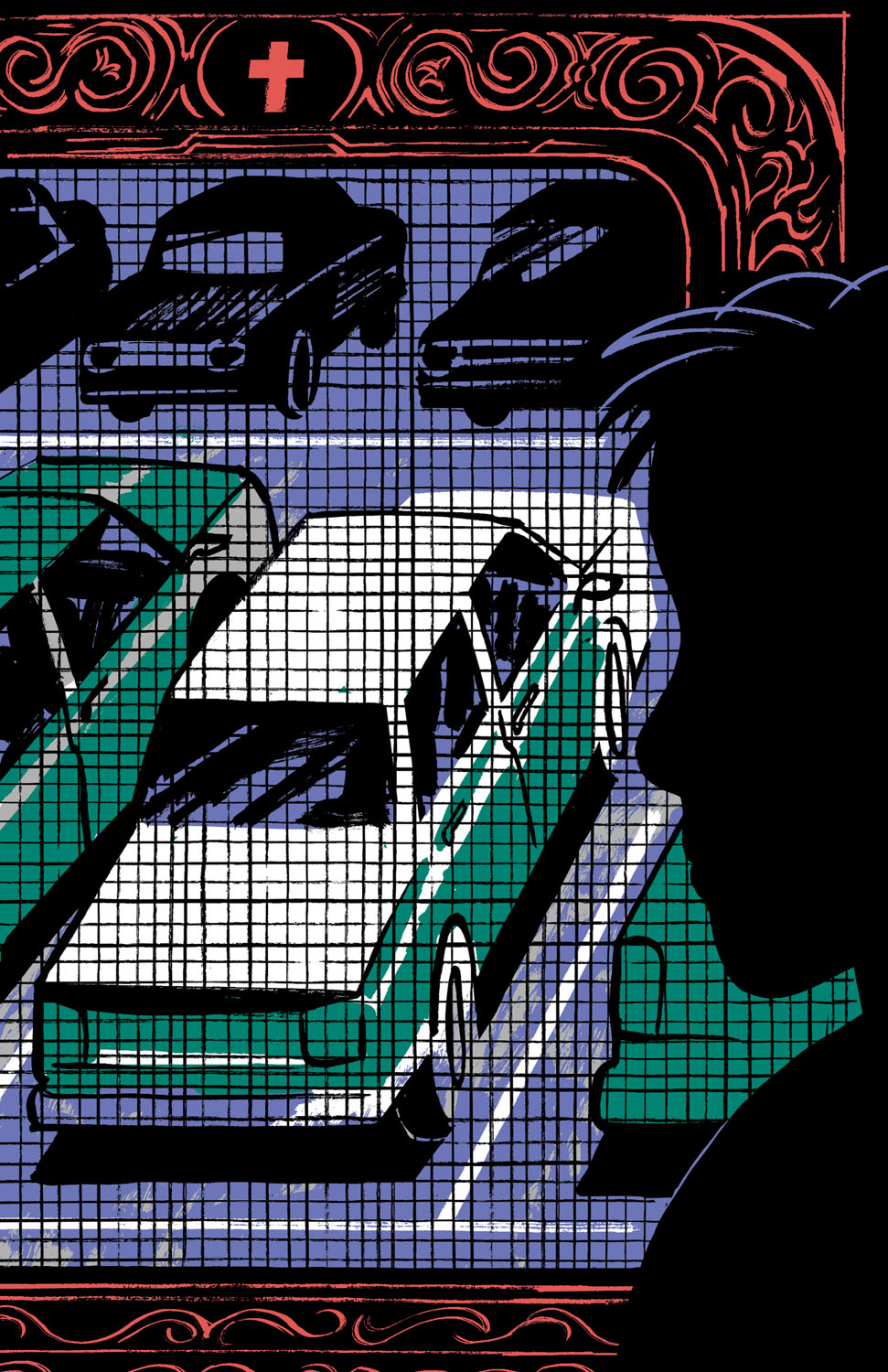Image


You should really subscribe now!
Or login if you already have a subscription.
João Fazenda studied at the Faculty of Fine Arts of the University of Lisbon. His illustration has been featured in the New York Times, the Wall Street Journal, the Guardian, the Scientist, Boston magazine, and others. Fazenda was honored with a silver medal from the Society...